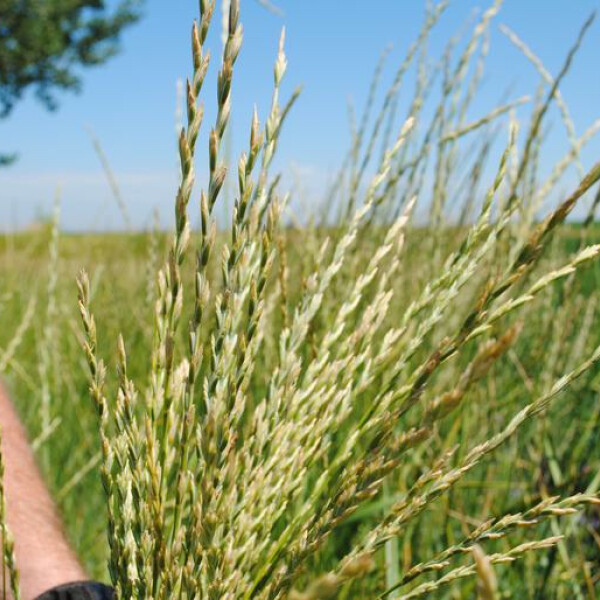
Soil health benefits of perennial agro-ecosystems 2022
Equal field, lab experiences expected
Ecology, Genetics, Soil & Fungal Biology, Labwork, Plant Traits
Soil health is a complex phenomenon that reflects the capacity of soil to support to plant growth. This emergent property is generated by microbiomes, their activities in nutrient cycling, and interactions with the soil abiotic and biotic environments. In this project, the intern will test the relative importance of crop mono- and polycultures on soil health using both traditional and novel approaches. We will leverage experimental plots of Kernza (perennial wheatgrass) and alfalfa, undertake soil samplings and analyze soils for factors that, based on current literature, form the basis of soil health, namely: reactive C and N, AMF abundance, soil N and P fertility, pH, and soil organic matter. At the same time, we will apply a novel approach to monitor soil health in which differences in electrochemical activities are used as a proxy for microbial metabolic activity and to distinguish healthy from unhealthy soils. We will then statistically compare the data sets, and test the hypothesis that perennial polycultures promote greater soil health benefits than monocultures.

